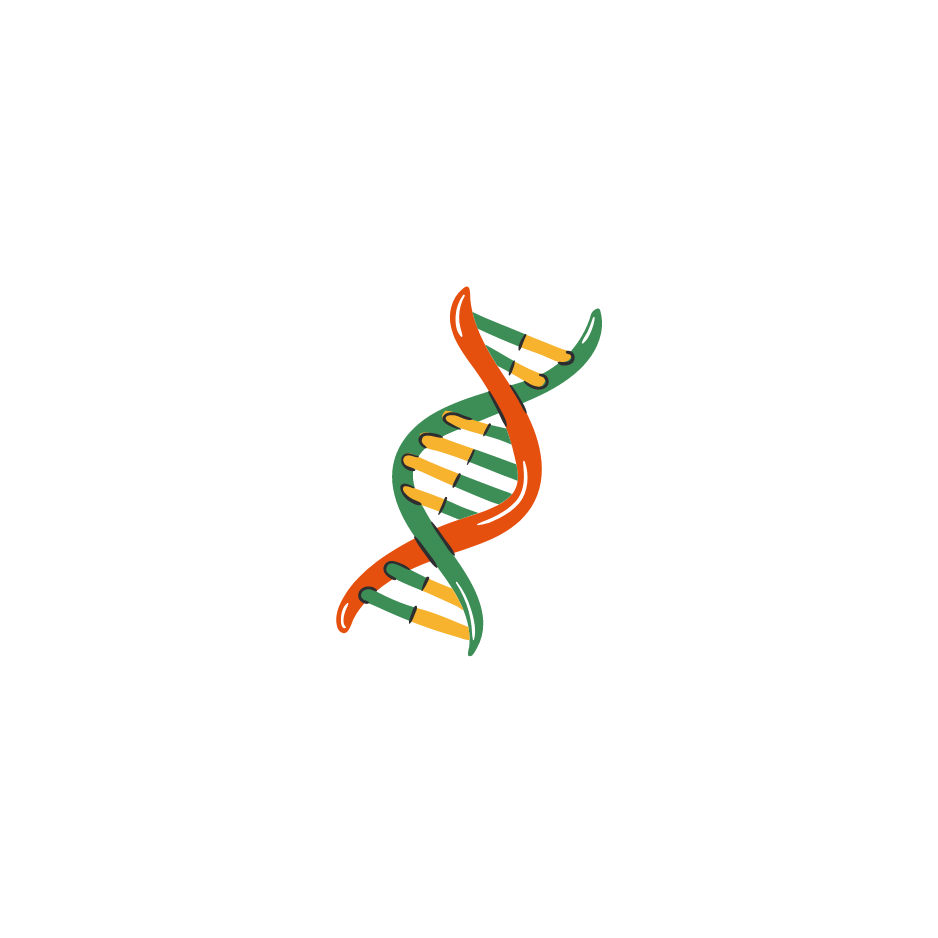
A Level
Exam Board: AQA
Course 7402
What do I need to know or be able to do before taking this course?
- The qualification builds on the knowledge, understanding and process skills inherent in GCSE Science and Mathematics.
- There is no requirement to have studied GCSE Biology separately; Additional Science provides a good grounding for the study of A-level Biology.
- The qualification integrates theory and relevant practical work.
- You will need to be able to communicate effectively, research and think critically and independently about biological problems.
- There is a significant mathematical element.
Specific requirements
You should have at least a grade 6-6 in GCSE double award science or a grade 6 in separate GCSE Biology.
What will I study?
The course is split into eight sections:
Year 1 Units
- Unit 1: Biological molecules
- Unit 2: Cells
- Unit 3: Organisms exchanges with their environment
- Unit 4: Genetic information and variation
Year 2 Units
-
Unit 5: Energy transfers in and between organisms
- Unit 6: Organisms response to changes in their environments
- Unit 7: Genetics, populations, evolution and ecosystems
- Unit 8: The control of gene expression
We will ensure that you cover all the theory required in the syllabus so that you can prepare for your exams with confidence. In addition, you will have lots of opportunities to develop your practical skills. Lessons will involve a range of activities including individual and group work, practical investigations, presentations and videos.
The eight sections are examined in three 2 hour written papers at the end of the second year.
Paper 1 - 91 marks total
Any content from topics 1, 2, 3 and 4 (including relevant practical skills).
- A mixture of short and long answer questions (including 15 marks: extended response question).
Paper 2 - 91 marks total
- Any content from topics 5,6,7 and 8 (including relevant practical skills).
- A mixture of short and long answer questions (including 15 marks: comprehension question).
Paper 3 - 78 marks total
- Any content from topics 1– 8 (including relevant practical skills).
- Structured questions (including 15 marks: critical analysis of given experimental data, 25 marks: one essay from a choice of two titles).
Practical endorsement
Practical competency will be assessed and reported separately and does not contribute to the final grade. However, knowledge of the twelve core practicals is essential for success in the written exams. A range of practical work will be carried out to support your studies beyond the core practicals.
Coursework
There is no practical coursework in the new specification. There will be a range of set practical activities and students will be awarded a pass in practical competency, if appropriate. There will also be questions about practicals in the written exams.
Why study Biology?
- You have a natural curiosity and interest in the living world.
- You are keen to learn new skills
- All of the sciences at A-level are recognised as demanding, academic subjects by all universities and employers.
- The range of possible job opportunities is huge
Where does it lead?
The list of possible degrees which are Biology related is very long and includes subjects like Biochemistry, Zoology, Botany, Microbiology, Genetics and Environmental Science together with Pharmacology, Medicine, Dentistry and Veterinary Science.
Even if you decide not to pursue a biology related career, studying it still develops useful and transferable skills for other careers outside of STEM. You’ll develop research, problem solving and analytical skills, alongside teamwork and communication. universities and employers regard all of these very highly.
Wider Reading
Suggested Authors: Richard Dawkins, Steve Jones, Matt Ridley
Websites:
https://www.bbc.co.uk/news/science_and_environment
Podcasts
https://www.science.org/podcasts
https://www.bbc.co.uk/sounds/brand/b00snr0w?partner=uk.co.bbc&origin=share-mobile